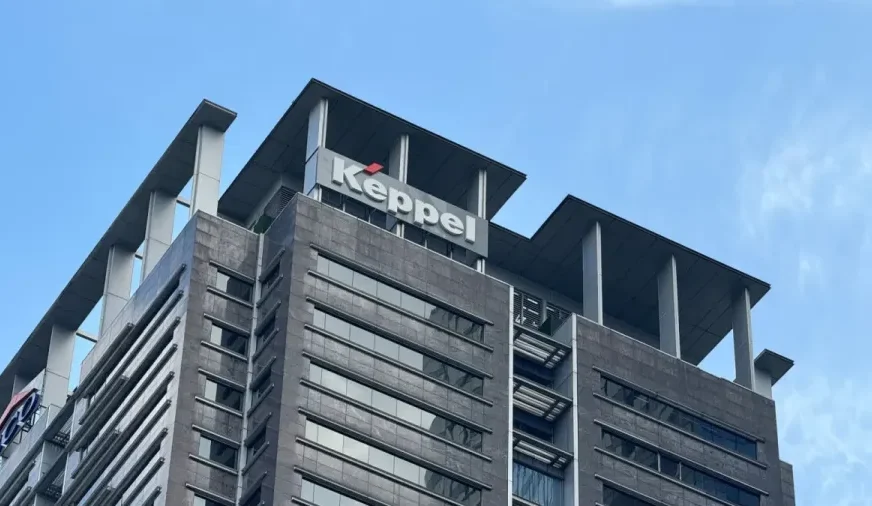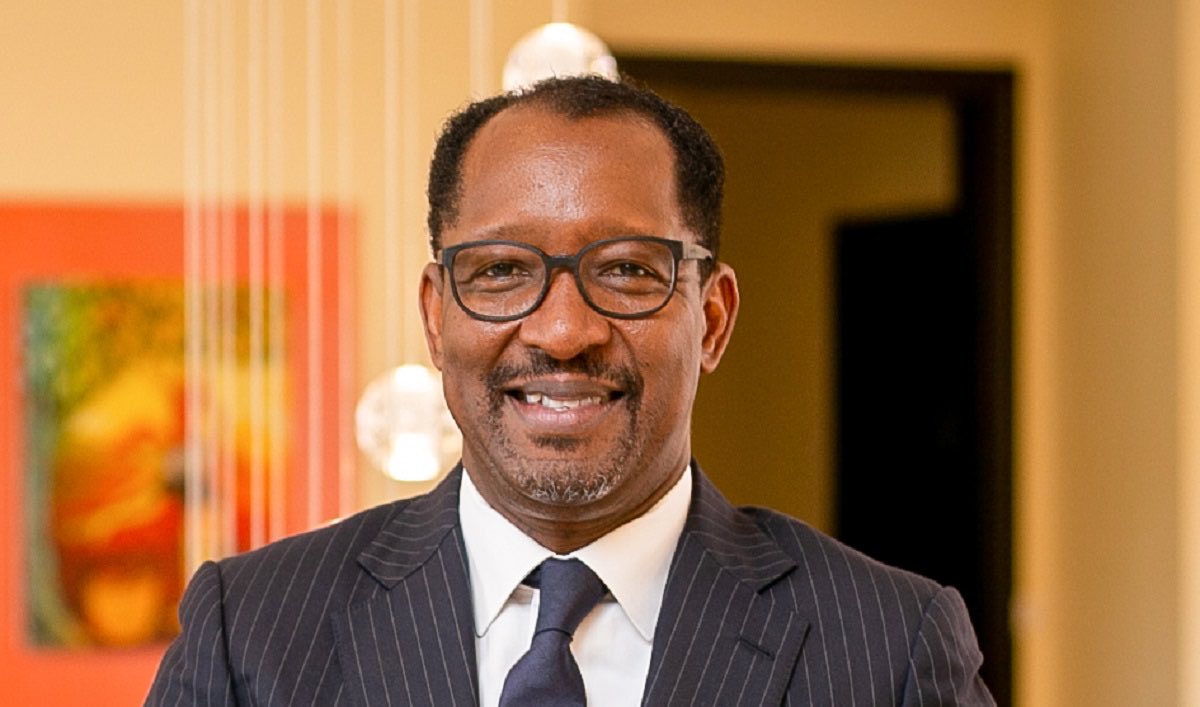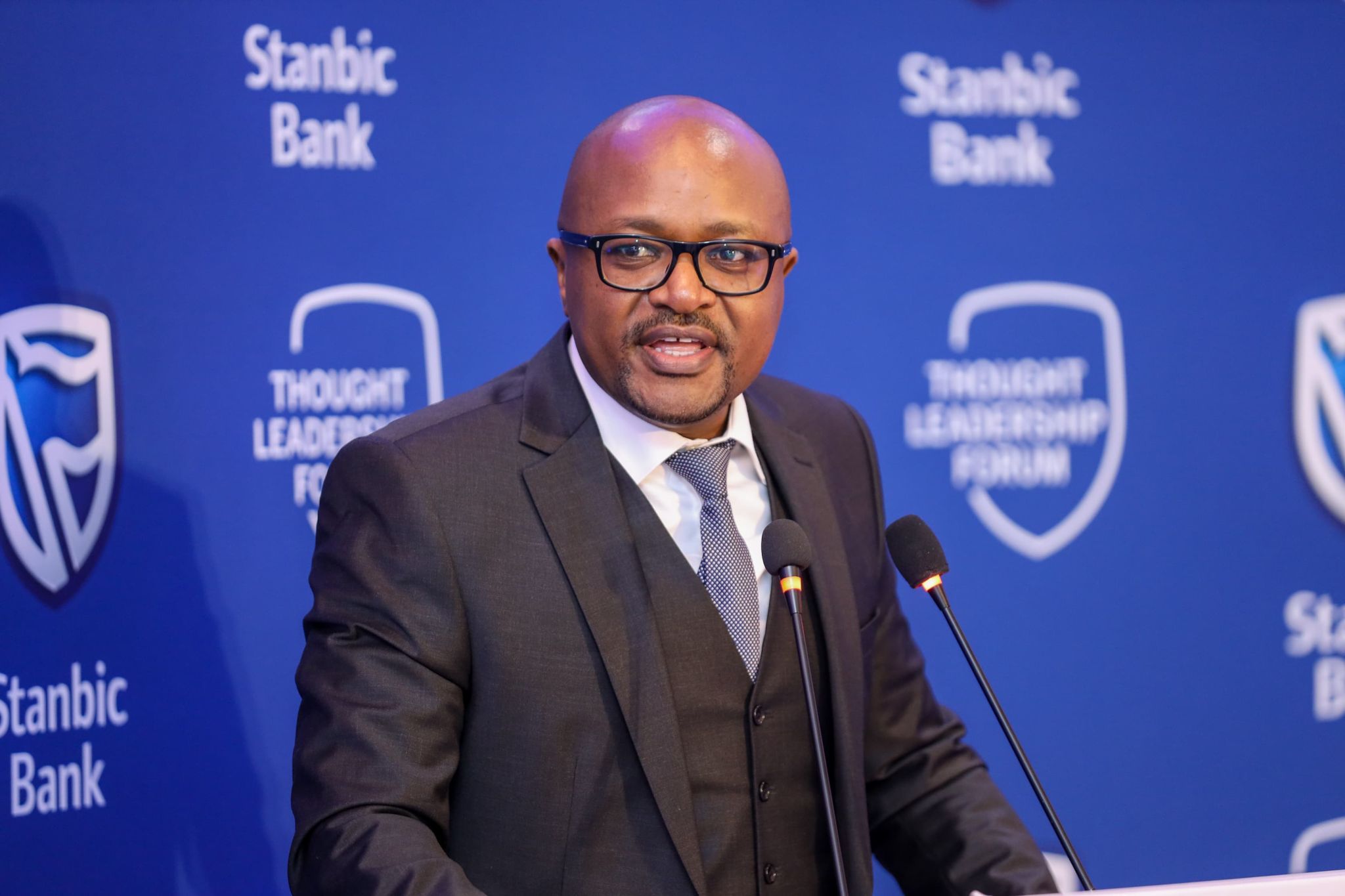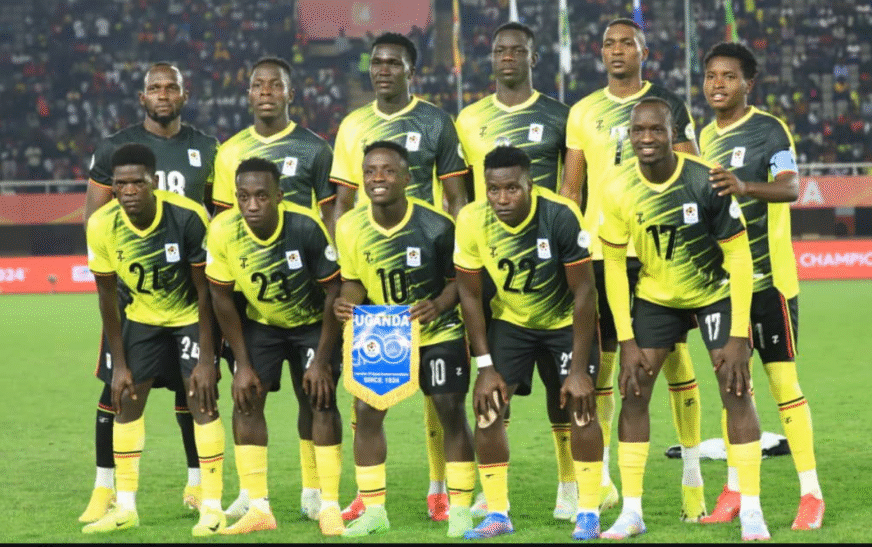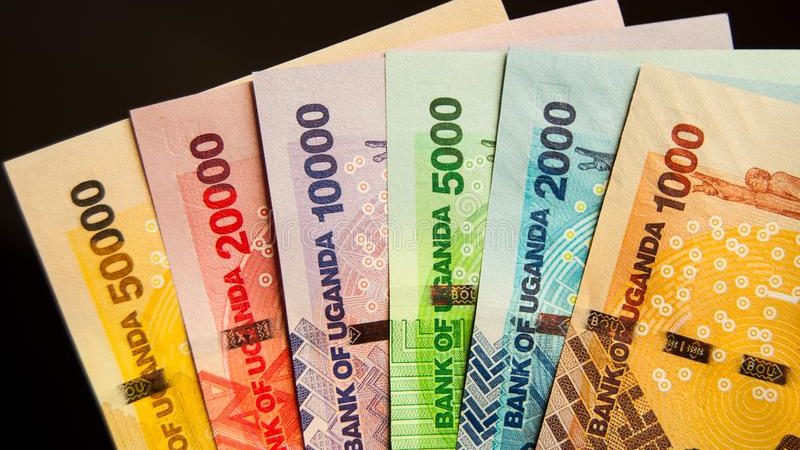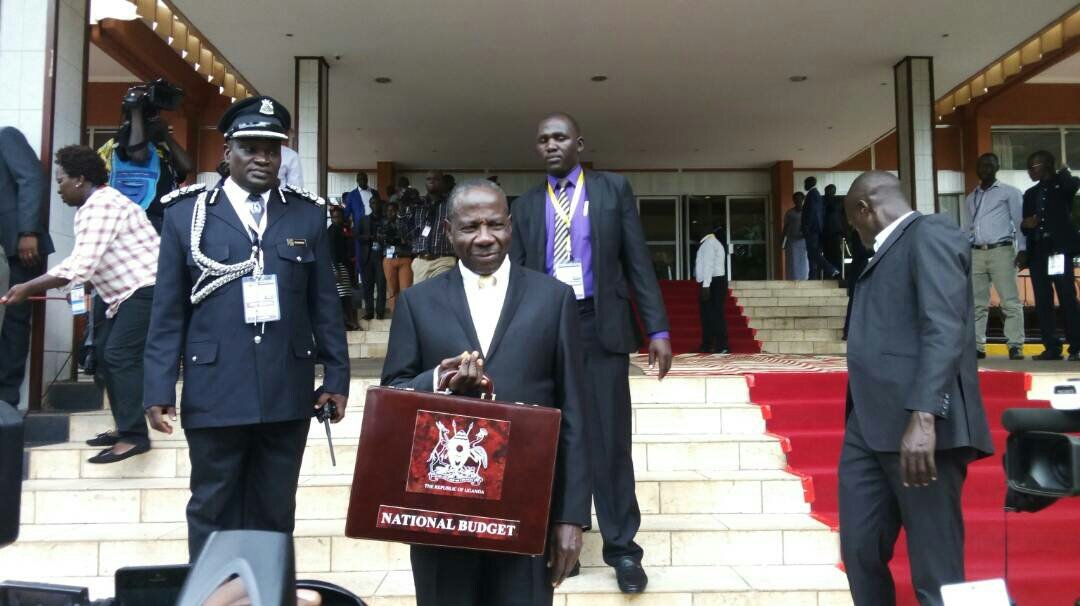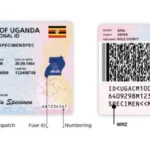Manager Keppel said on Monday (Aug 11) it will sell M1’s telecom operations to operator Simba Telecom for an enterprise value of S$1.43 billion (US$1.11 billion).
Keppel will receive S$1 billion in cash proceeds for its 83.9 per cent stake in its subsidiary M1 Limited. It will retain the fast-growing information and communications technology business, which also includes data centres and subsea cables.
On the proposed sale, which it hopes to complete “over the next few months”, Keppel said it would benefit Singapore’s telecommunications sector and consumers through market consolidation and by “harnessing synergies” between two telcos with “strong track records for innovation”.
“It brings together M1’s digitally transformed, cloud-native network with its ability to deliver hyper-personalised services through an advanced tech stack, and Simba’s innovative digital consumer model,” it added.
Calling the proposed sale “a strategic path to sustainable growth” for Singapore’s telco sector, CEO Loh Chin Hua said: “M1 and Simba are a highly synergistic combination.
“Together, they can scale more efficiently, optimise infrastructure, and accelerate 5G and digital investments, greatly enhancing service quality, while contributing to a more resilient, future-ready telco industry.”
The company added that the proposed divestment is in line with its strategy as an asset-light global asset manager and operator, enabling it to focus more within its connectivity segment on digital infrastructure.
Keppel, which expects to record an estimated accounting loss of S$222 million, said Simba had submitted the strongest bid among interested parties, and its combination with M1 is expected to create further revenue opportunities.
Simba is wholly owned by Australia-listed Tuas. In a separate statement, Tuas said it is looking to raise at least A$416 million (US$271 million) through a placement and share purchase plan.
“TRANSFORMATIONAL”
Tuas said that the planned purchase of M1’s telco business would be “transformational”, adding: “The acquisition will expand Simba’s mobile position, accelerate the expansion into broadband and provides an established enterprise platform.”
According to a regulatory filing on the Australian Securities Exchange (ASX), Simba currently has 1.5 per cent share of Singapore’s prepaid mobile market, 14.4 per cent share of the postpaid mobile market and 0.9 per cent share of the broadband market share.
In the same filing, it was noted that M1 has 13.5 per cent of Singapore’s prepaid mobile market, 23.9 per cent of the postpaid mobile market and 15 per cent of the broadband market.
If the acquisition goes through, Simba is targeting the capture of 15 per cent of Singapore’s prepaid mobile market, 38.3 per cent of the postpaid mobile market and 15.9 per cent of the broadband market.
M1’s operations, excluding the businesses that Keppel intends to retain, recorded revenues of S$806.1 million and an earnings before interest, taxes, depreciation, and amortisation of S$195.4 million in the financial year ending in April.
According to M1’s website, the company launched commercial services in 1997 and serves over two million customers through its suite of communications services, including mobile, fixed line and fibre offerings. Keppel first invested in M1 in 1994 as a founding shareholder.
Simba is Singapore’s fourth fully licensed mobile network operator with full 4G and 5G spectrum rights. In an April 2022 press release, the operator noted that it had reached 500,000 active subscribers since its commercial launch in 2020 and had rebranded from TPG Singapore.
Shares of Keppel, which are under a trading suspension due to the deal announcement, have climbed 25.4 per cent year-to-date, outpacing the 11.9 per cent rise in the benchmark Singapore index, LSEG data showed. They closed at S$8.58 on Aug 8.
The deal is subject to regulatory approval by Singapore’s Infocomm Media Development Authority (IMDA).
In response to CNA’s query, IMDA noted that both parties have signed the sale and purchase agreement.
“Any merger and acquisitions of this nature is subject to IMDA’s approval,” it said. “IMDA will assess such applications in accordance with the Telecom and Media Competition Code.
“IMDA’s considerations will include ensuring there is no significant lessening of competition and the transaction will benefit consumers, as well as supports sustainable competition and growth in the market and Singapore.”

